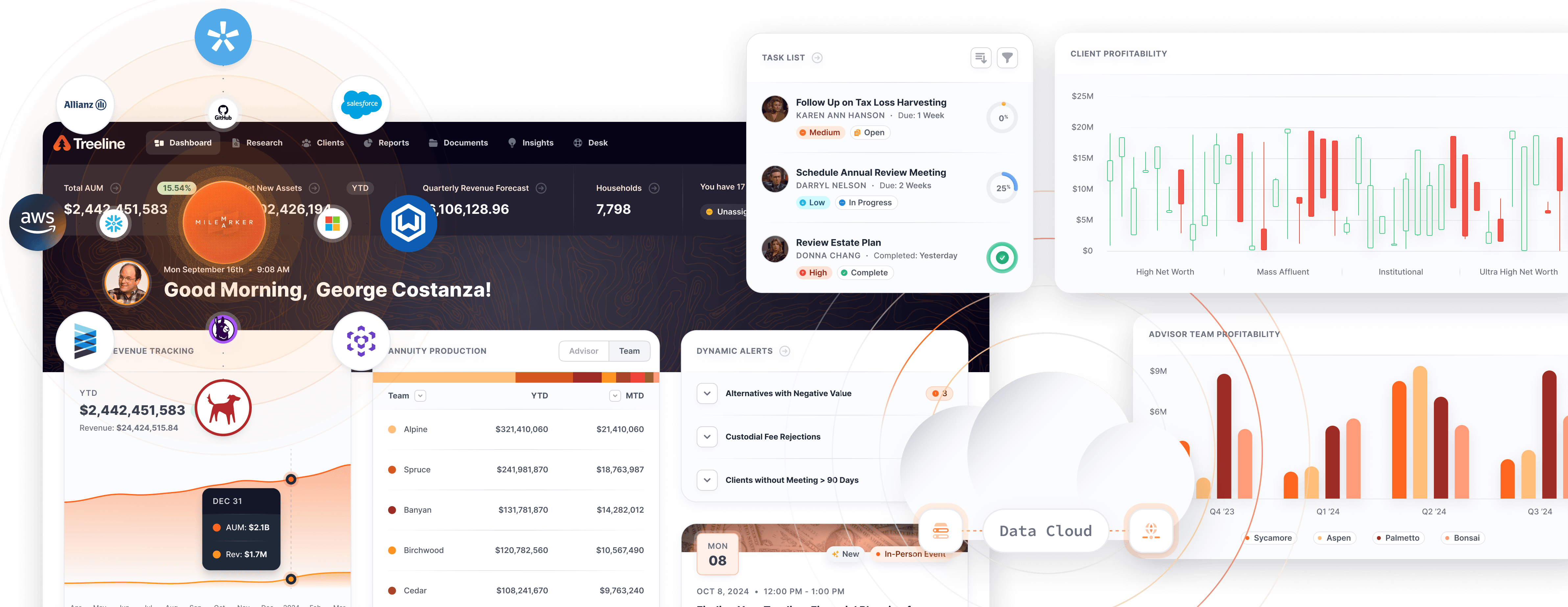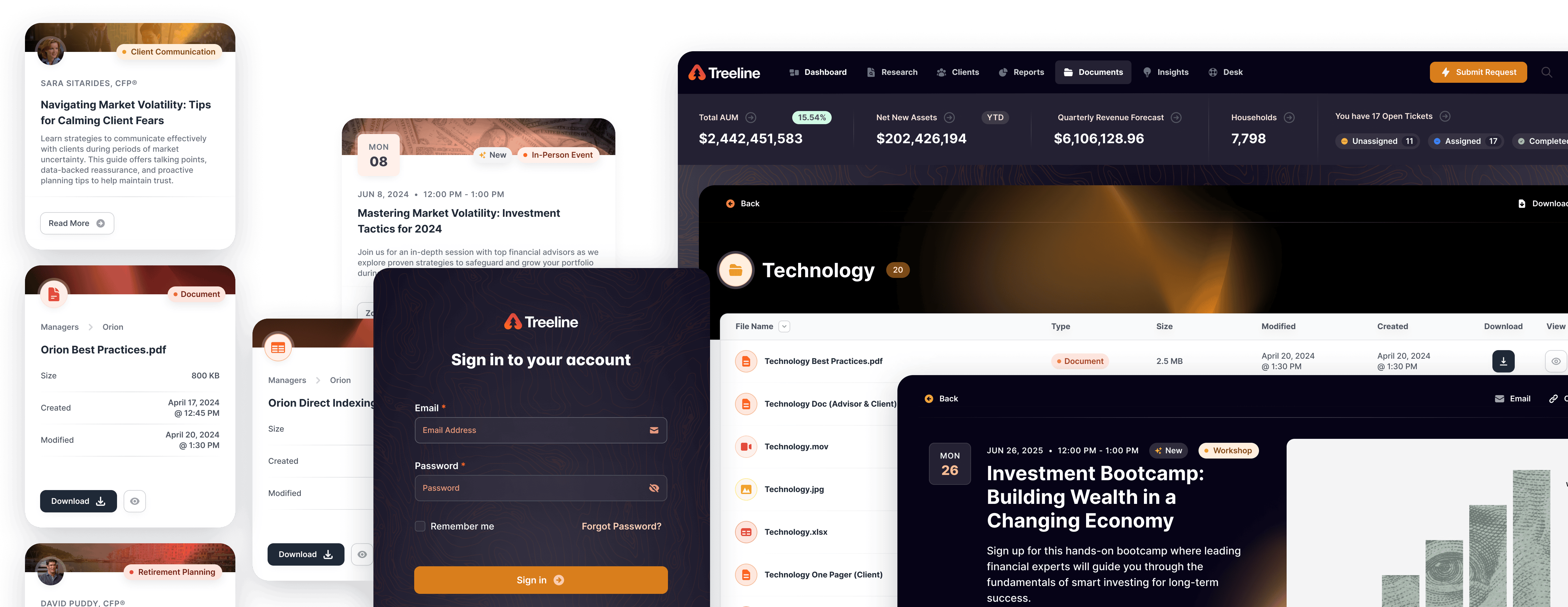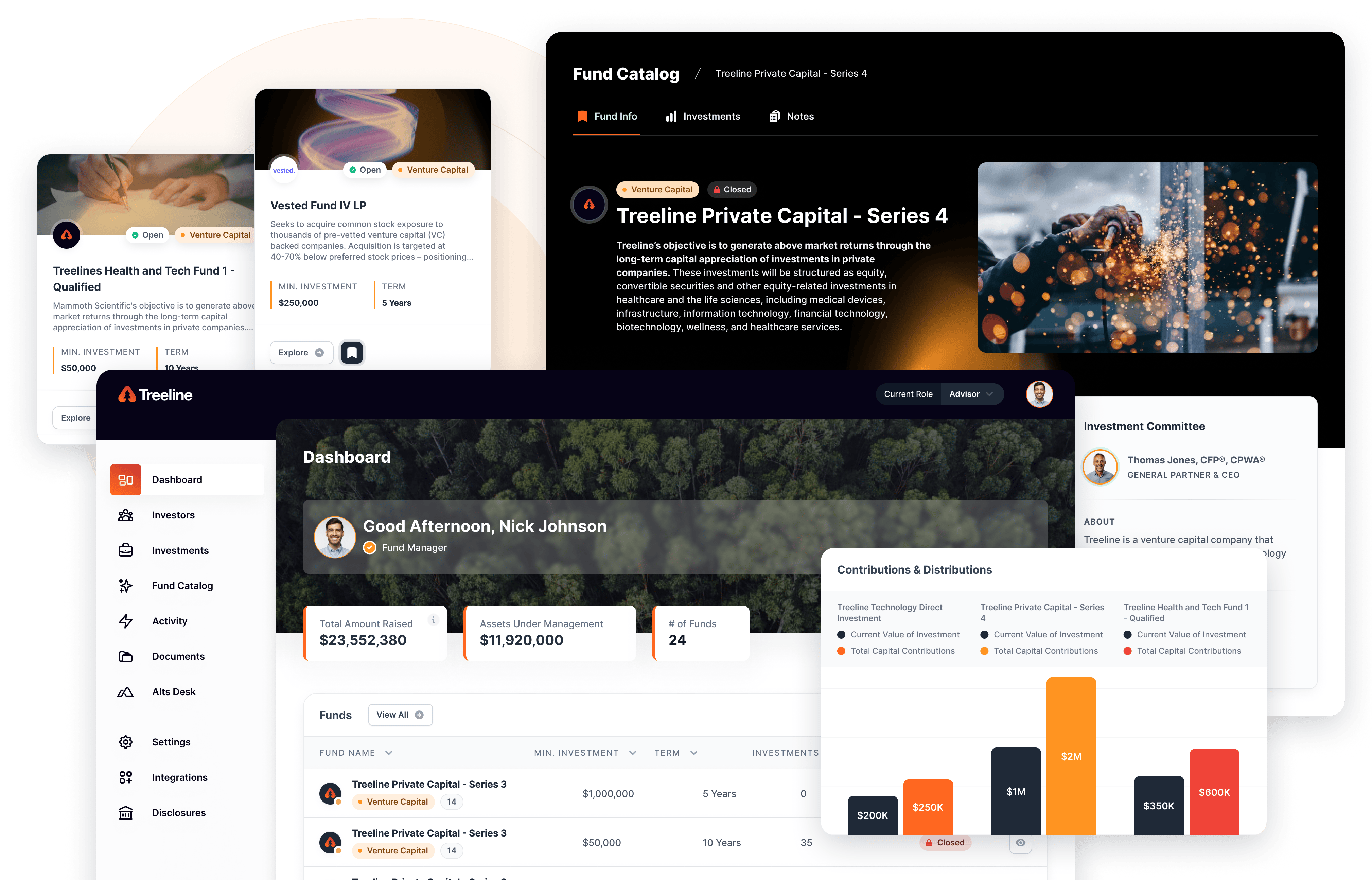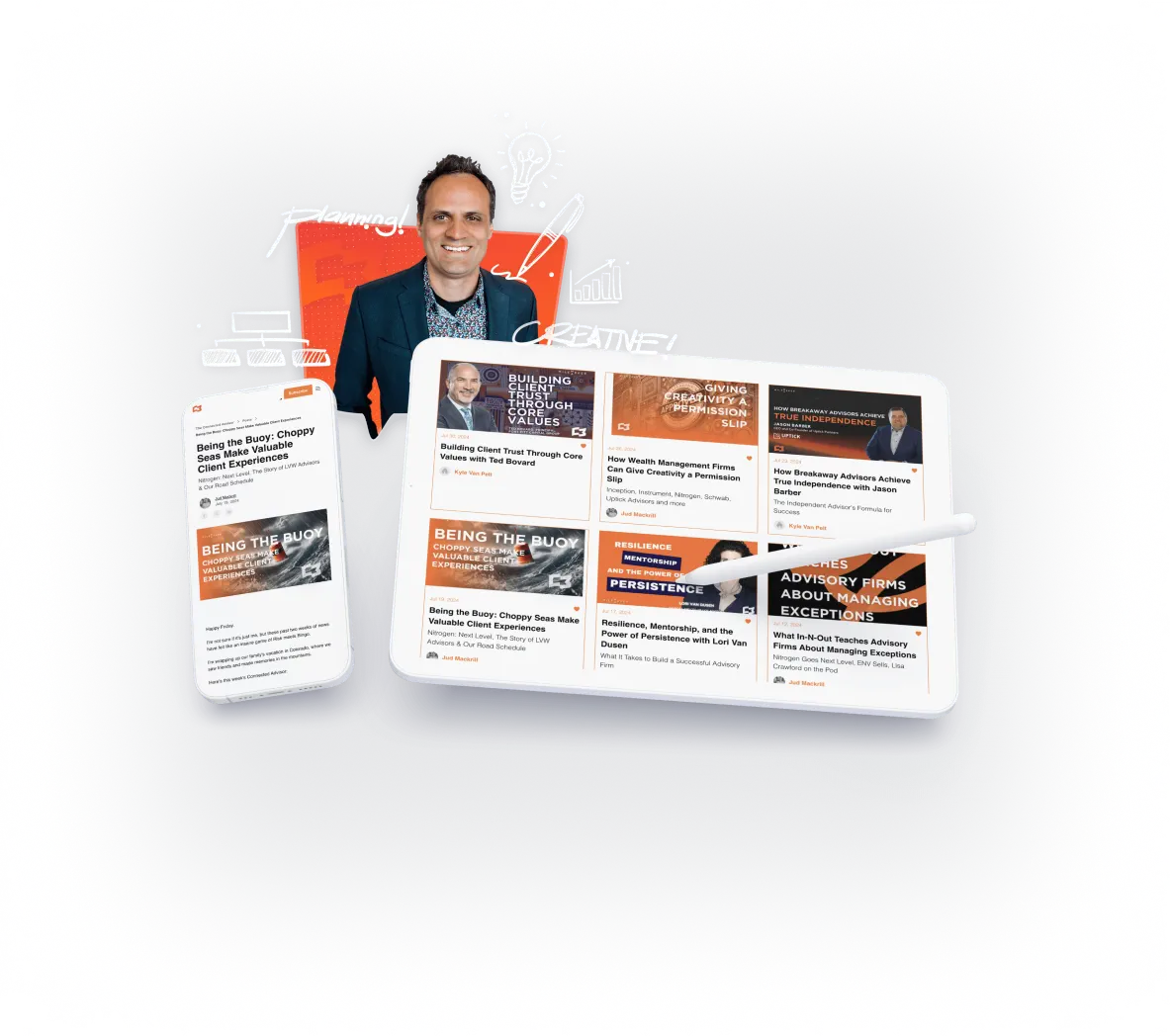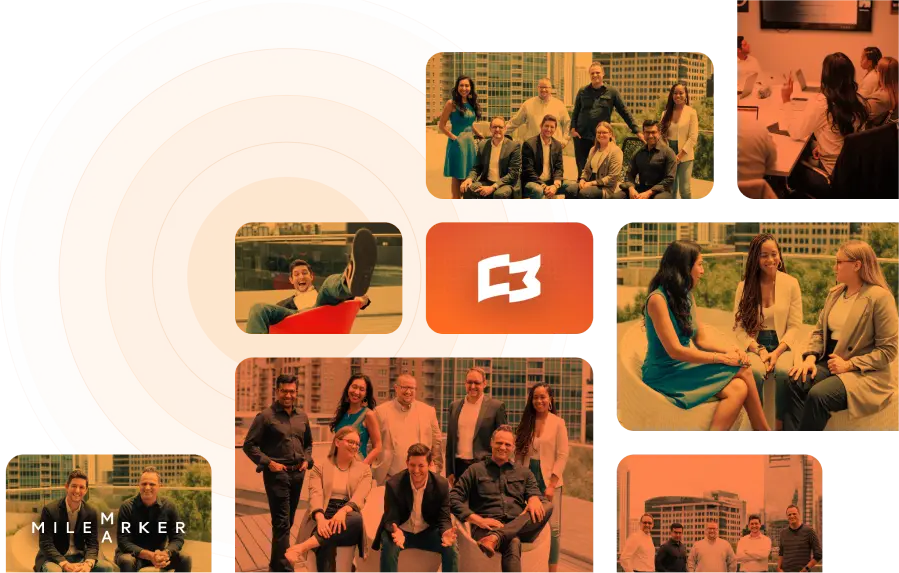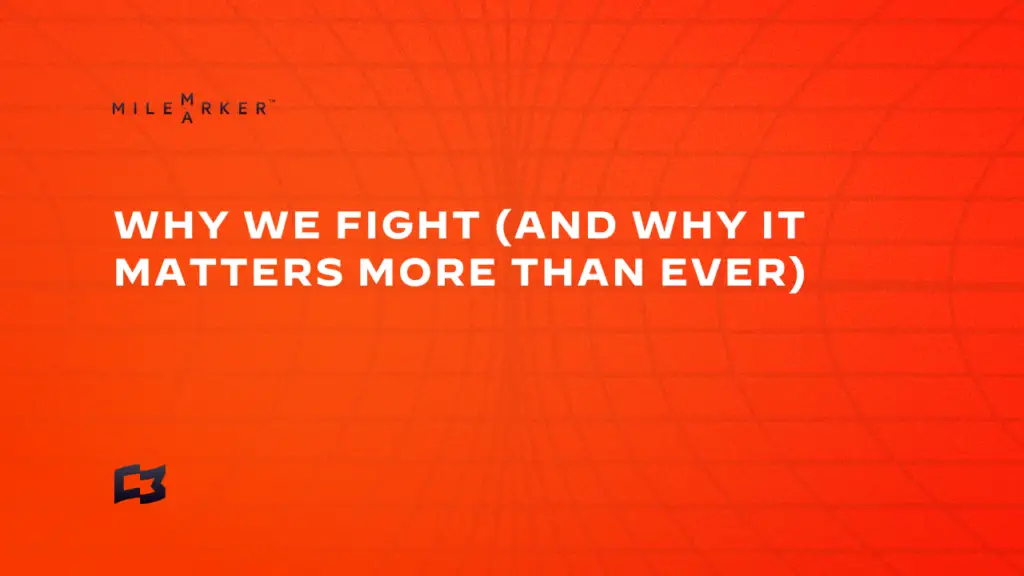I’ve spent most of my adult life in cities like Omaha, Nebraska and Charleston, South Carolina. Not necessarily thought of as industry giants, but cities full of people who work hard, build things that last, and believe deeply in the value of doing what’s right.
I fly over 120 times a year. And for a long time, I relied on Southwest Airlines. They weren’t fancy. But they stood for something. No baggage fees. No reserved seating. No frills. Simplicity. Consistency.

Lately, that’s changed.
Southwest, like so many companies, started trading the things that made them unique for the promise of incremental revenue. Now they look like everyone else. And it’s costing them more than they realize because when you stop fighting for what makes you different, you don’t just lose your edge. You lose your identity.
And that story plays out far beyond airlines.
It’s happening inside our industry every day.
The Cost of Losing Your Conviction
Most firms don’t fail because they deliver bad service.
They fail because they drift into mediocrity.
We see it all the time:
– Advisors stuck using systems they didn’t choose.
– Clients buying products they don’t fully understand.
– Leaders chasing scale while culture slips through the cracks.
In the pursuit of growth, we start sanding down the sharp edges of what made us special. And slowly, we become indistinguishable.
But when a business stands for something—when it fights for something—it becomes magnetic.
Why We Fight
We fight to correct what’s broken.
We fight to serve people better than they’ve been served.
We fight because we believe business should be built around conviction—not compliance.
And when that belief is clear:
– Your team shows up with energy.
– Your clients feel the difference.
– Your brand begins to carry weight.
We don’t fight to be louder.
We fight to be truer.
The Data Makes the Case
Fighting for something isn’t just idealism.
It’s a proven way to build lasting value.
In her research, branding expert Sally Hogshead found that people are nine times more likely to remember a brand that communicates with distinction and clarity. As she puts it, “Different is better than better.”
Seth Godin, in his book Purple Cow, emphasizes that the only way to be remarkable is to stand out. Sameness doesn’t scale. Uniqueness does.
Harvard Business Review reported that companies built on a clearly defined purpose outperform the market by 42% over the long term. Purpose isn’t just a branding exercise. It’s a business advantage.
McKinsey found that employees connected to a firm’s mission are four times more engaged and five times more likely to stay. Purpose attracts. It retains. And it improves performance across the board.
Bain research shows that inspired employees—those who believe in what they’re doing—are twice as productive as those who are merely satisfied.
And EY’s research confirms that purpose-led companies often enjoy higher trust, stronger loyalty, and premium valuation multiples—particularly in the financial services and professional advisory sectors.
This Isn’t Just Theory. It’s Strategy.
If your firm is clear on what it’s fighting for, you’ll make better decisions.
You’ll attract people who believe what you believe.
You’ll avoid the trap of trying to be everything to everyone.
And you’ll build something that lasts.
Because the most dangerous thing a business can become is forgettable.
Ask the Question
This week, ask your team a simple question:
What are we fighting for?
Not what are we selling.
Not what’s our quarter-end target.
But what are we committed to improving?
That’s your cause.
That’s your differentiator.
That’s your true value.
Final Thought
The best firms don’t compete on convenience.
They compete on conviction.
So fight for something that matters.
Fight for your clients.
Fight for your culture.
Fight for a better version of your industry.
The world doesn’t need more noise.
It needs more clarity, more courage, and more people willing to say—
“This is what we stand for. And we’re not backing down.”



